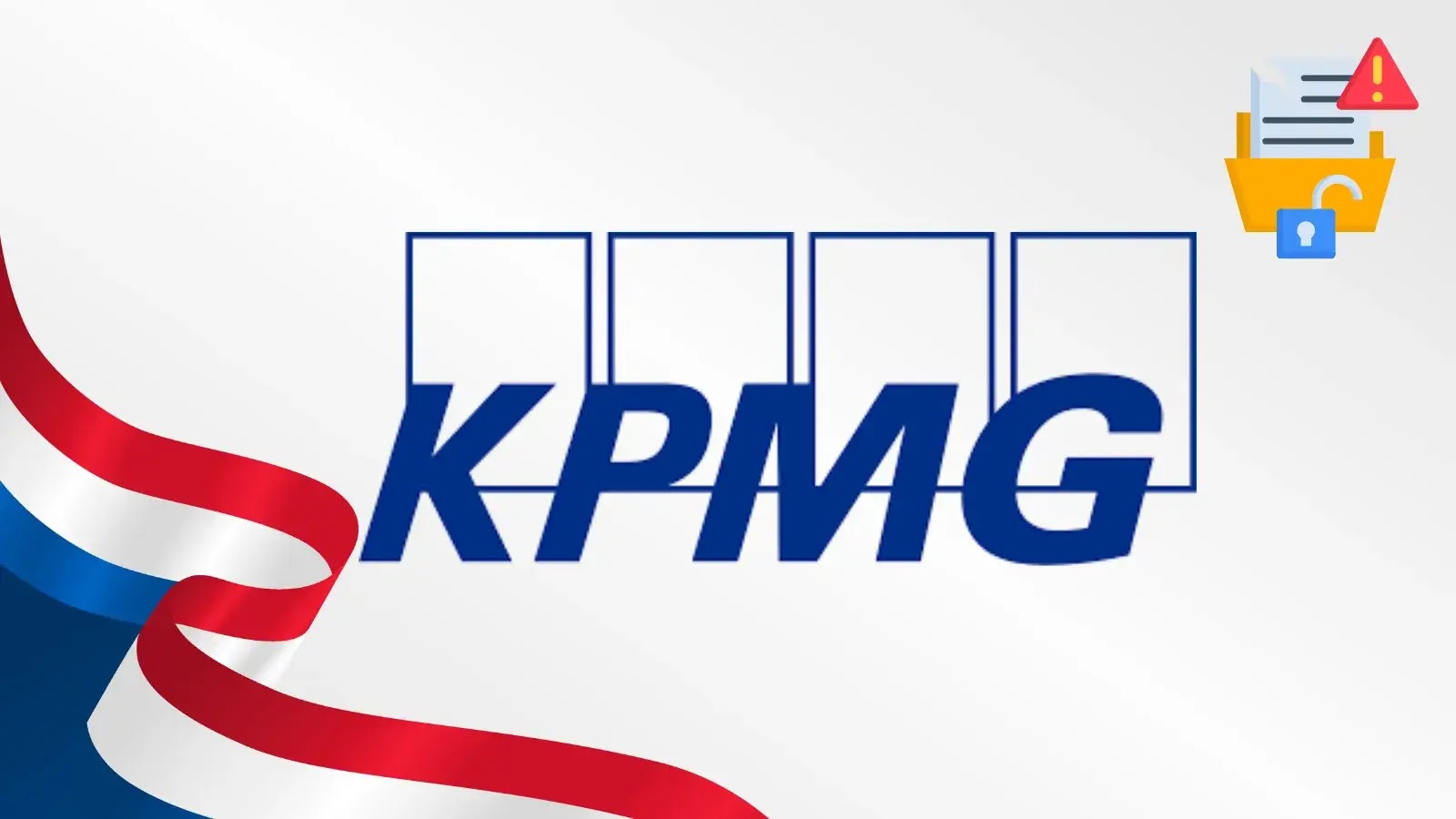Google has urgently released security updates to address a critical zero-day vulnerability in its Chrome browser, identified as CVE-2025-6554. This flaw resides in Chrome’s V8 JavaScript and WebAssembly engine and has been actively exploited in the wild.
Understanding the Vulnerability
CVE-2025-6554 is classified as a type confusion vulnerability within the V8 engine. Such vulnerabilities occur when a program misinterprets the type of an object during runtime, leading to unpredictable behavior. In this case, the flaw allows remote attackers to perform arbitrary read and write operations via a specially crafted HTML page. This can result in unauthorized code execution and potential system compromise.
Discovery and Immediate Response
The vulnerability was discovered and reported by Clément Lecigne of Google’s Threat Analysis Group (TAG) on June 25, 2025. TAG is renowned for identifying and analyzing sophisticated threats, often linked to state-sponsored activities. The prompt reporting led to a swift response from Google, which implemented a configuration change to mitigate the issue across all platforms by June 26, 2025.
Implications of Zero-Day Exploits
Zero-day vulnerabilities are particularly dangerous because they are exploited by attackers before developers can issue a fix. In real-world scenarios, such flaws can be used to install spyware, initiate drive-by downloads, or execute malicious code without user interaction—sometimes merely by visiting a compromised website. The active exploitation of CVE-2025-6554 underscores the critical need for immediate action to protect users.
Recommended Actions for Users
To safeguard against potential threats, users are strongly advised to update their Chrome browsers to the latest versions:
– Windows: 138.0.7204.96/.97
– macOS: 138.0.7204.92/.93
– Linux: 138.0.7204.96
To verify and apply the update:
1. Open Chrome.
2. Navigate to Settings > Help > About Google Chrome.
3. The browser will automatically check for updates and prompt for a restart to complete the process.
For organizations managing multiple devices, enabling automatic updates and monitoring browser versions is crucial to ensure all systems are protected.
Impact on Other Chromium-Based Browsers
Users of browsers built on the Chromium engine, such as Microsoft Edge, Brave, Opera, and Vivaldi, should also be vigilant. While these browsers may not be immediately affected, it’s essential to apply updates as they become available to mitigate any potential risks.
Broader Context of Chrome Vulnerabilities
CVE-2025-6554 marks the fourth zero-day vulnerability addressed by Google in Chrome since the beginning of 2025. Previous vulnerabilities include:
– CVE-2025-2783: A flaw that allowed attackers to bypass Chrome’s sandbox protections, leading to unauthorized data access.
– CVE-2025-4664: Details remain limited, but it was patched as a precautionary measure.
– CVE-2025-5419: An out-of-bounds read and write vulnerability in the V8 engine, similar in nature to CVE-2025-6554.
The recurrence of such vulnerabilities highlights the ongoing challenges in browser security and the importance of timely updates.
Conclusion
The active exploitation of CVE-2025-6554 serves as a stark reminder of the ever-present threats in the digital landscape. Users and organizations must prioritize updating their browsers to the latest versions to protect against potential attacks. Staying informed about security updates and adopting proactive measures are essential steps in maintaining a secure online environment.



